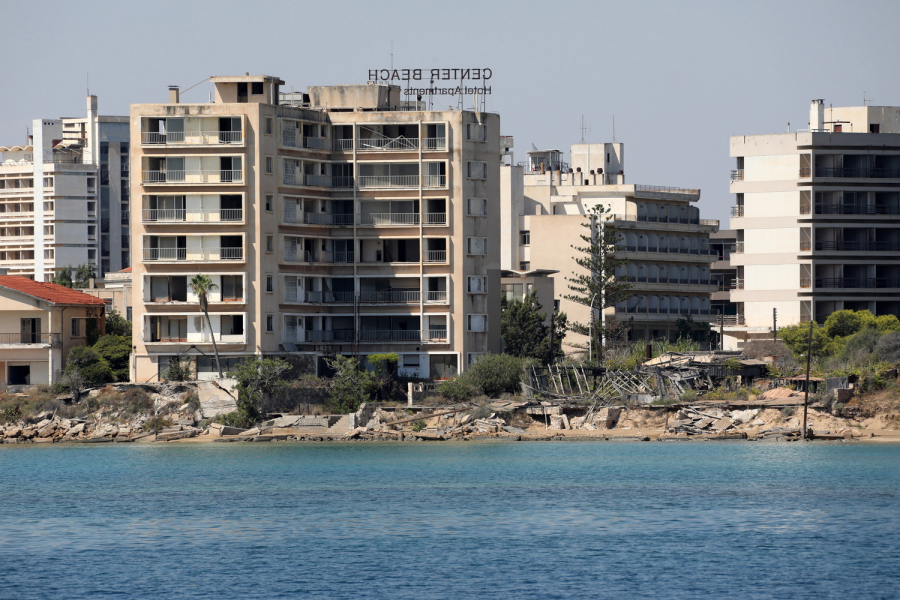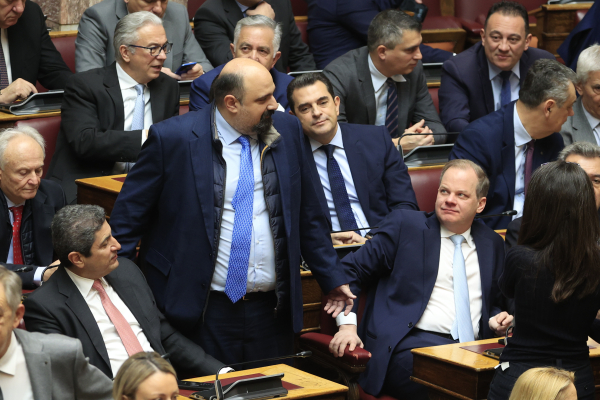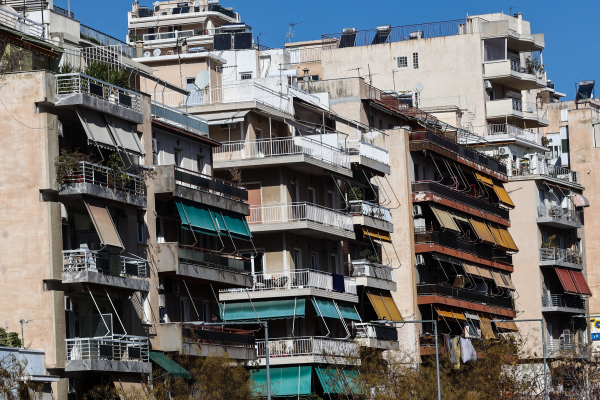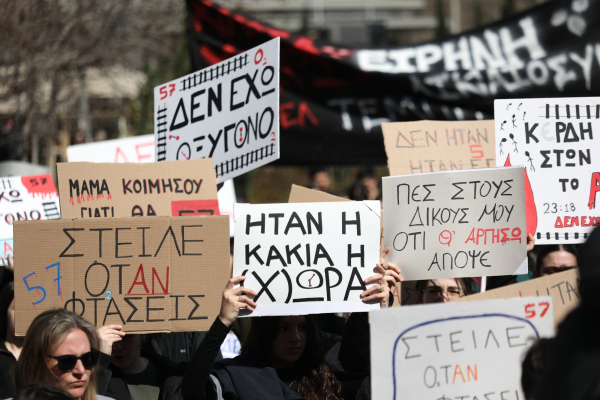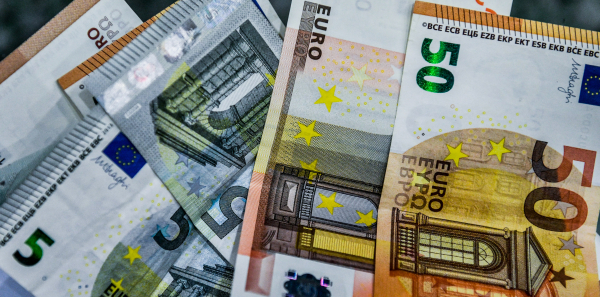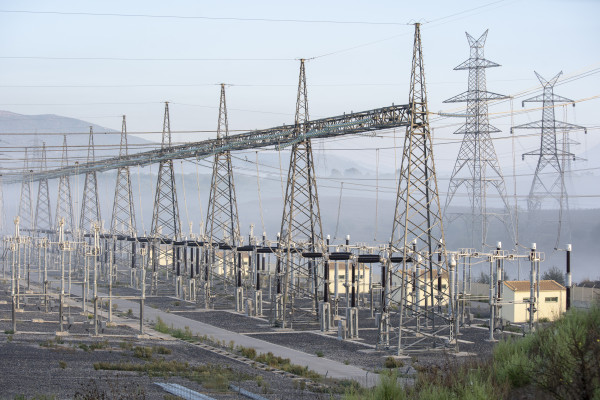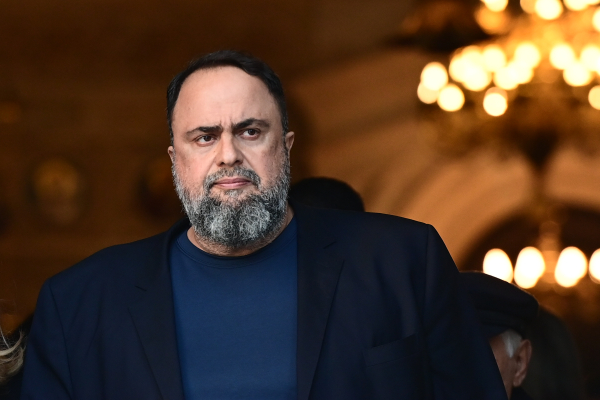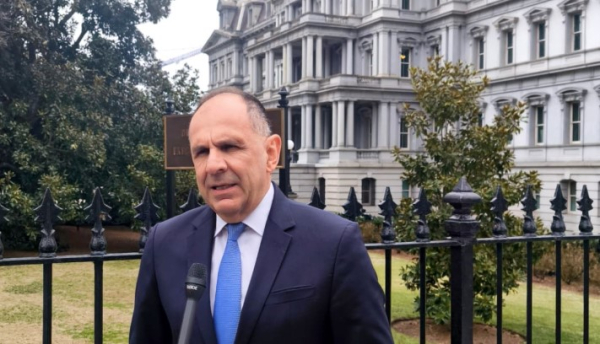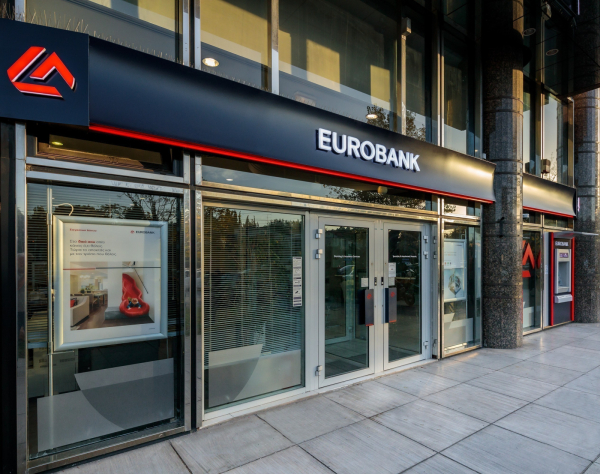Convened by UN Secretary-General António Guterres, the informal five-party meeting sought to restart a process that has remained frozen since the collapse of the 2017 Crans-Montana talks. While no major progress was expected, the discussions resulted in some movement toward confidence-building measures and further dialogue.
Greek diplomatic sources noted that Athens played a role in supporting the UN effort, particularly through direct communication between Greek Foreign Minister Giorgos Gerapetritis and his Turkish counterpart Hakan Fidan. Their coordination helped bring the parties together in Geneva, reinforcing efforts to maintain momentum in the peace process.
The meeting, which began with a social dinner on Monday, concluded on Tuesday with commitments to open four new border crossings, initiate demining operations, establish a technical youth committee, and introduce environmental and climate change initiatives. Other agreements included plans for solar energy development in the UN buffer zone and the restoration of cemeteries. Guterres also confirmed that a special envoy would be appointed to oversee future talks and that a new multilateral meeting would take place in July.
In his remarks, Guterres emphasized that discussions took place in a constructive atmosphere, with both sides showing a willingness to move forward. He acknowledged that no real progress had been made since 2017 but insisted that the latest meeting marked a meaningful step. He expressed hope that the confidence-building measures, the commitment to further dialogue, and the appointment of a UN special envoy would help revive negotiations.
Cypriot President Nikos Christodoulides welcomed the outcome, calling it a step in the right direction toward resuming peace talks. He highlighted three key developments: the appointment of a UN special envoy, the scheduling of a follow-up meeting in July, and a joint letter from the Presidents of the European Commission and European Council to the UN Secretary-General and Turkish Cypriot leader Ersin Tatar, reaffirming EU support for a settlement.
Greek Foreign Minister Giorgos Gerapetritis underscored the importance of keeping Cyprus on the UN agenda and continuing informal meetings. While acknowledging that the Turkish Cypriot position diverges from UN resolutions, he stressed that maintaining dialogue was essential. He reiterated Greece’s position that the only viable solution is the reunification of the island under a bizonal, bicommunal federation.
Despite ongoing disagreements, sources indicated that the parties showed a willingness to engage in small steps toward progress. The next four months will be critical in determining whether these efforts lead to meaningful negotiations.
Meanwhile, upcoming elections in Turkish-occupied northern Cyprus in late 2025 could influence Turkey’s stance on the issue. The political landscape there may shift, particularly if Republican Turkish Party leader Tufan Erhürman, seen as more flexible than Tatar, gains support. Ankara’s decisions will be closely watched, particularly in the context of its broader relationship with the European Union.
Diplomatic sources in Athens emphasized that abandoning the Cyprus talks is not an option, given regional security concerns and shifting geopolitical dynamics. The next few months will determine whether recent steps translate into substantive progress or if the island remains caught in a diplomatic impasse.

